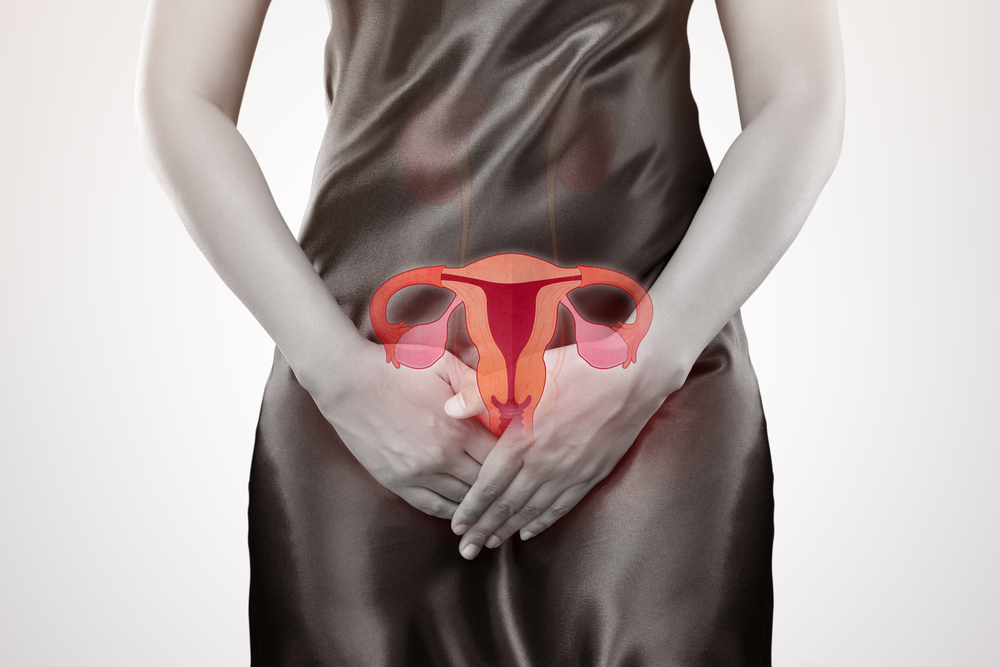Contents:
- Medical Video: Chewing & Spitting - Eating Disorder Video #39
- Definition of ruminant eating disorders
- Symptoms and effects
- What are the risk factors?
- How can ruminatory eating disorders be recognized?
- What can be done?
Medical Video: Chewing & Spitting - Eating Disorder Video #39
The age of children is an important period to prepare adequate nutrition before entering adolescence and adulthood. Nutrition problems in children are usually related to factors of access to food and consumption patterns. But it turns out that another factor that is directly related to the problem of child nutrition is eating disorders. One of them is a ruminant eating disorder.
Definition of ruminant eating disorders
Rumination disorder is a disorder characterized by the behavior of the child who ejects food and chews the food back after being swallowed or partially digested. They usually chew and swallow again, but sometimes also vomit the food. Rumination behavior can occur when you are eating food (eating food in your mouth) or after eating.
Rumination behavior has become an eating disorder that needs to be considered when the child keeps repeating it. If it has never happened before and has survived for at least one month (with the frequency of occurring at least once a day), then this can be categorized as a ruminant eating disorder.
Disorders of rumination can improve and disappear on their own when children grow up. But there is still a possibility that ruminatory disorders occur in adolescents and adults, even though they tend to hide them.
This disorder is generally found in children aged infants to children, but is more likely to occur in children with cognitive impairment.
Symptoms and effects
Regardless of intentional rumination or not, this eating disorder is related to the workings of gastrointestinal functions such as contraction and relaxation of muscles in digesting food.
Children who carry out ruminations can experience various symptoms, including:
- Weight loss
- Experience bad breath
- Tooth decay
- Recurrent abdominal pain
- Disorders of digesting food
- Lips appear dry
- Lips hurt from bites
If left untreated ruminatory eating disorders can also cause more serious problems:
- Malnutrition
- Often dehydrated and electrolyte disorders
- Impaired physical growth
- Airway disorders and infections
- Choking and causing shortness of breath
- Pneumonia
- Dead
Indirectly the behavior of removing food can also put pressure on the muscles of the body so that it can trigger aches and pains. This usually occurs in the muscles of the back, around the back of the head, abdominal muscles and mouth muscles.
What are the risk factors?
The main reason why a child can experience this eating disorder is unknown, but some things can increase the chances of a child carrying out food-releasing behaviors, including:
- Experiencing stress which triggers food spewing behavior
- Experiencing gastrointestinal diseases
- Parenting patterns that tend to neglect children
- Children like to chew food
- Lack of attention so vomiting food is the way he gets attention.
How can ruminatory eating disorders be recognized?
Diagnosis needs to be done by health professionals to ensure that a child has a ruminant eating disorder. Quoted from Medscape page, guide Diagnostic and Statistical Manual of Mental Disorders, Fifth Edition (DSM-5) sets the criteria for the formula as follows:
- Behavior has occurred and lasted for at least one month.
- The behavior of removing and chewing food again is not related to gastrointestinal disease which causes a person to vomit back food such as gastric acid reflux (GERD) and pyloric stenosis.
- Rumination behavior does not occur together with anorexia nervosa eating disorders, bulimia nervosa, binge eating or a disorder that limits certain foods.
- If this behavior occurs as a result of mental health problems and neurodevelopmental disorders such as intellectual disability, the symptoms of ruminant eating disorders must be serious enough to be diagnosed and get independent treatment.
What can be done?
Children's eating behavior is the main focus in overcoming eating disorders. Some things that can be done to overcome rumination are:
- Create a pleasant dining atmosphere for children.
- Improve children's eating habits, especially the position and posture of children when they are and after eating.
- Improve the relationship between mother or caregiver with children, such as giving attention to the child needs.
- Reduce distraction while feeding the child.
- Divert attention when he seems to be foaming out food, if necessary give snacks that have sour taste when the child wants to vomit food.
In addition to the above efforts, the application of psychiatric therapy is also needed for mothers or caregivers and their families to overcome emotional stress due to children's eating disorders and improve ways of communicating with children.












